Who had it harder: Boomers or their grandchildren?
Let’s look at some of the contributing factors, deterrents, and incentives of home ownerships in contrast between several generations.
During the years the Boomers were turning 30, the median household income needed to make the typical mortgage payment was 33.2% – the highest of any living generation. Home prices shot up more than 60% in four years due to massive waves of inflation.
In 1980 mortgage loan payments jumped 34% with rates topping 16%, while in just two short years, unemployment would be at all time high at 10.8 % in 1982. [1] According to the Berkley Economic Review [2], 45 % of Boomers were able to buy their first home between the ages of 25 and 34, whereas only 37% of Millennials own a home in the same range.
Even though, according to Freddie Mac[3], Gen X and Older Millennials had the lowest rates in decades as they turned 30. Both Gen X and Millennials faced different struggles than Boomers, especially as the Millennials were coming out of the Great Economic Recession of 2007 when the job market was the weakest, saddled with significant college debt, and major cultural shifts were happening. Even though rates were low, it was the worst possible time to buy.
While Boomers had the highest rate of median income needed to make a typical mortgage payment, Gen X was not far behind at 25.8% – they saw a 23 % increase in the inflation adjusted home prices. While Millennials only face the 22.5% median income needed, the average age of first-time home buyers is on the rise significantly from The Baby Boomers.
Millennials are also forging new paths to creating wealth[4] by living at home longer, renting, and investing in order to buy when it makes sense instead of when it is expected of them like previous generations; Millennials value being a bit more mobile.
But, because Boomers inhabit 32 million owner occupied homes (2 out 5)[5], there is a projected exodus, the “Silver Tsunami”[6], that will begin between 2026 and 2036 as older Boomers depart their homes for retirement community, transition care facilities, or even moving back in with their children to be cared for. “The coming acceleration of older adults departing home ownership adds urgency to industry and policy efforts to facilitate a smooth handoff of housing assets from older to younger generations”.[7]
Each generation has had circumstances and world event context stacked against them when it comes to owning a home, and each generation has forged their own path toward their dreams. Despite the nuanced and unique challenges that each has had to and will inevitably face, home ownership is still an attainable goal. Despite and in-spite of the market changes, real estate is an appreciating asset that can and does provide and build stability and wealth.

 Facebook
Facebook
 X
X
 Pinterest
Pinterest
 Copy Link
Copy Link

